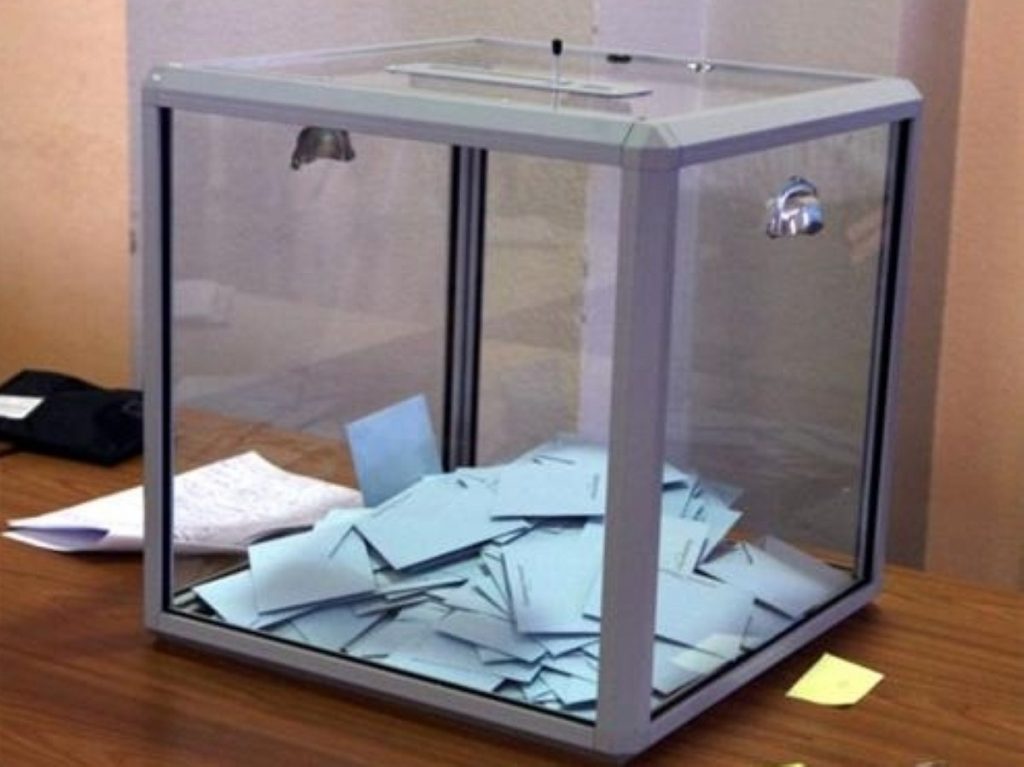Academics attack AV
By Ian Dunt
Senior academics in voting theory will attack the alternative vote (AV) system today, in the first of a series of lectures on the flaws in the proposals on offer.
Britain is expected to vote on a change to its voting system in early summer next year.
The referendum on AV was a key part of Tory-Lib Dem negotiations following the election. The coalition parties have agreed to campaign on different platforms.


But many voting reform activists argue that AV is a poor system to take up and that far more representative theories should be considered.
Professor Dan Felsenthal, a research associate at the London School of Economics (LSE) and the author of numerous books on voting theory, will argue that AV is a deeply flawed electoral system.
Most electoral reform activists were disappointed that only AV was on the table. The system is not proportional and it maintains the constituency link. But today’s presentation will argue that AV is not the best single member system and in fact is only a minor improvement on the current first-past-the-post system.
The growing opposition to AV from electoral reform activists makes the coalitions plans even more difficult. David Cameron already faces opposition to his decision to allow a referendum from his backbenchers, while Nick Clegg faces criticism from the other side of the fence for not pushing for more substantial change.
Parliamentary observers are expecting the referendum to take place on May 5th 2011, to coincide with the elections for the Scottish parliament, Welsh assembly and around 280 English councils.
The prime minister’s spokesman refused to confirm any dates while speaking to journalists yesterday, but he did admit that legislation on the referendum was expected before the end of the year.









